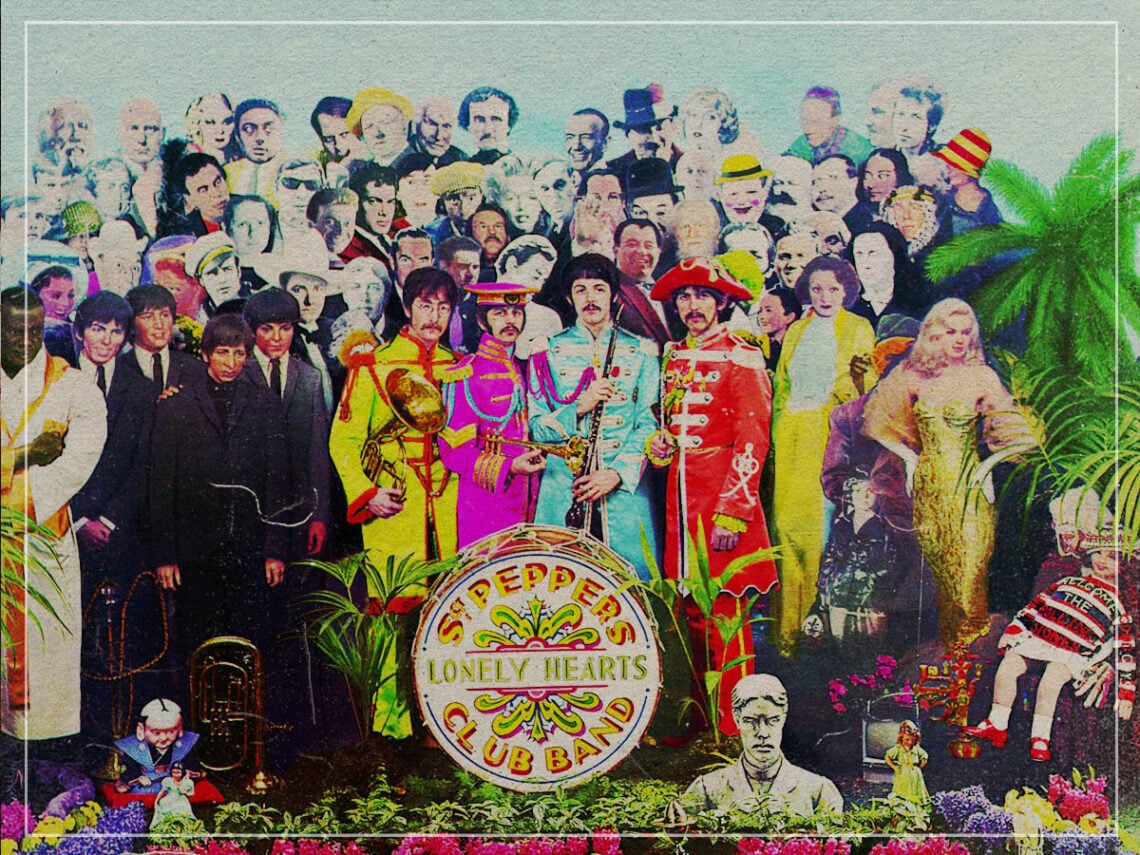When considering the evolution of The Beatles, a distinctive change in the air arrived when it came to Sgt Pepper’s Lonely Hearts Club Band. The shifting spirit and style of the band suddenly became undeniable as the Fab Four well and truly fell off the cliff and plummeted into a new era of experimentation.
Some people claim that drugs were the catalyst for the band’s fierce interest in strange new sounds. Others would chalk it up to the gradually rising tension between the band members, as the close ties that kept John Lennon and Paul McCartney especially tight as a well-oiled rock and roll machine slowly started to loosen. One might say it was simply a sign of the times. The Beatles were the band that launched a thousand copycats, so they needed to keep evolving to stay ahead of the curve.
But according to McCartney, the change-up in the band when it came to that 1967 album was all down to the songwriting. It was a time of reinvigorated artistry for the whole group, with the songwriter calling it a “dream period”.
Even though Sgt Pepper and the era that followed, of the Beatles’ psychedelic trip into the hazy and weird world of LSD, was undeniably a time of clear experimentation for the band, they’d always been interested in trying new things. “I’ll do anything,” McCartney said of his approach to his instruments. “The thing with the bass on a lot of this stuff was that you’ll try anything once,” he continued, adding, “I would just mess around with any experimental effects, just to try it.”
As tirelessly passionate musicians, they were always up for trying new things. Up until the late 1960s, that’s exactly what had resulted in their varied sound across their albums and even track by track. “We were very keen—unlike people now—we were keen that every track sounded different,” McCartney explained. “We thought in singles, see?”
“People now think in albums, in fact, they think in CDs [speaking in 1994]. We thought in singles, so when John and I wrote, we were always writing singles. So our albums, right up to Sgt. Pepper or something, were albums of singles,” he said, drawing a marking line at that 1967 release.
Unlike other artists of the time who were trying to capture and brand a specific sound as theirs, The Beatles were looking to do quite the opposite. “Well, we always weren’t trying to keep the Beatles sound. We were always trying to move on,” McCartney said.
But that all changed on Sgt Pepper. As the first track rolls seamlessly into the next, the band seemed to abandon this earlier process of making individual or isolated tracks to instead focus on the bigger picture. There are still notable differences across the songs, but the entire album sticks within the same genre or at least the same vibe, littering each track with psychedelic detailing, heavier guitar sounds and theatricality in all the lyrics.
Having retired from touring, everything about this album was different for the band. With no deadline for completion, no pressure to figure out a way to translate it to live performances and really no limit on where they could take their sound, they were allowed to completely toss out their old process for a new one. “It was going to be a record … [with songs that] couldn’t be performed live: they were designed to be studio productions and that was the difference,” their producer George Martin said of the record. McCartney echoed that, declaring, “Now our performance is that record.” The focus was on the record, not the individual songs.
With a broader scope and more freedom, they seemed to toss out that singles mindset too, no longer worrying about which tracks would be hits or leading songs to be marketed and released on a 7-inch. Instead, Sgt Pepper’s Lonely Hearts Club Band shifted their songwriting to a broader thing, considering albums as big pictures to paint altogether.



